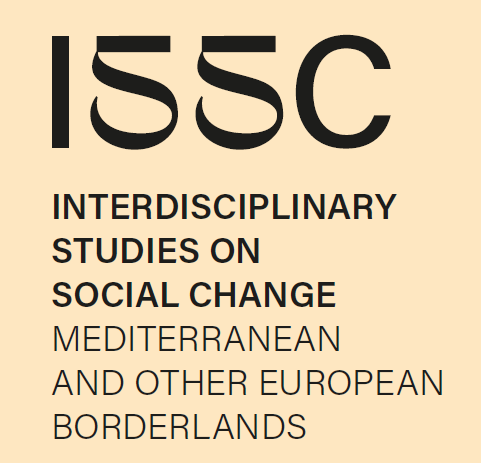The aim of the course is twofold: trace a broad panorama of issues related to the history of ideas and culture in the Iberian Peninsula from the Early Modernity to the current times and analyse a short selection of ground-breaking and decisive social phenomena through the lenses of literary texts. In doing so, we will be able to see the history of the western part of the Mediterranean area as a response to the broader social and cultural processes in Europe and Western World. The key place in the classes will be given to literary and paraliterary texts understood from the perspective of cultural studies: as social artefact that are both a reflection and a place of negotiation of the key ideas and aesthetic currents in a given community.
In this course we will analyze textual representations of gender, religious, and racial/ethnic relations, colonial processes and their postcolonial consequences, migration phenomena, cultural transfer, and multiculturalism along with the meanings, implications, and repercussions of these representations. Through the close reading of literary texts (novels, poetry, short fiction, drama), the paraliterary sources (diaries, newspapers, letters), and with an aid of visual art sources (pictures, movies, handcrafts, photography, etc.), we will investigate how different social, political and cultural identities are constructed and interrogated and how they respond to and initiate social change. Because this course asks the students to reflect critically on ethical and social issues, the student will analytically engage with depictions of identities in our past and present, particularly through the course’s required oral class presentations. Class sessions will be discussion-based and rooted in close reading of literary texts with the help of scientific/theoretical articles. As the course will be held entirely in Spanish and will be based on the analysis of primary sources, to participate in it the student has to possess at least intermediate (B2) language level.

